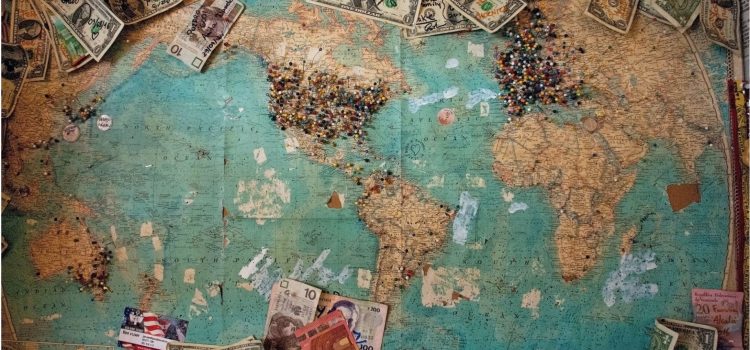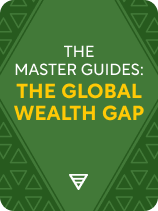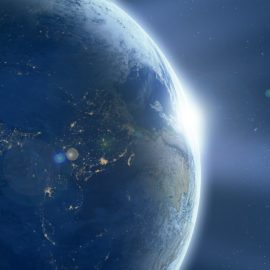

This article is an excerpt from the Shortform book guide to "The Master Guides: The Global Wealth Gap" by Shortform. Shortform has the world's best summaries and analyses of books you should be reading.
Like this article? Sign up for a free trial here.
When are natural resources a detriment rather than a benefit to a nation? How can the presence of a coastline make a country richer?
The geography theory of international inequality argues that differences in the physical locations of countries determine—or at least strongly influence—their economic success. Proponents of this theory point to two main geographical factors: natural resources and topography.
Read more to learn about these factors that can lead to geographic inequality among nations.
Natural Resources
The first key factor of geography theory is access to natural resources—everything from farmable land to oil to fresh water. These resources can determine whether a nation becomes rich or poor and result in what could be called geographic inequality.
How Resources Make Nations Rich
Journalist Tim Marshall’s Prisoners of Geography argues that, in some cases, simply having more natural resources makes a nation richer. Resource-abundant nations can generate more wealth through extraction and then use that wealth to develop faster than their neighbors.
Some geography theorists make a similar argument on a more historical scale. In Guns, Germs, and Steel, anthropologist Jared Diamond argues that early in the history of civilization, access to natural resources gave some nations a head start on development that snowballed into greater differences in wealth over time.
How Resources Make Nations Poor
Economist Paul Collier’s The Bottom Billion argues that, in the modern world, economies based primarily on natural resources are often more likely to be poor. This is because nations dependent on natural resources are vulnerable to shifts in the global economy and prone to government corruption.
Topography
The second geographical factor that impacts international inequality is topography, or a nation’s physical location and natural features—mountains, plains, rivers, and so on. Geography theorists argue that topography often determines the relationships between nations, which in turn has a large impact on a nation’s ability to generate wealth.
Topography Determines Trade
Marshall (Prisoners of Geography) notes that topography is one of the main factors that determines trade routes, which are crucial for a nation’s economy. Through trade, a nation can enter a global marketplace to generate wealth through exports and import goods it can’t otherwise acquire. Therefore, nations with topography well-suited to trade—rivers, a coastline, open terrain for highways or railroads—can generate a great deal of wealth. On the other hand, nations with hard-to-navigate topography like jungles, mountains, or no waterways have limited access to trade and the wealth it creates.
Topography Determines Conflict
In addition to trade, Marshall (Prisoners of Geography) outlines how topography shapes conflict between nations. Features like mountains, deserts, or cold climates can make nations difficult or nearly impossible to invade, while wide open plains or access via water can make invasion easy. Conflicts often have significant economic impacts—they can destroy a nation’s infrastructure, shut them off from the rest of the global economy, or earn them wealth through a favorable peace settlement. Therefore, by shaping the nature of conflict, topography also impacts global inequality.
For example, Switzerland remained neutral during both World Wars and wasn’t invaded in large part because of its mountainous topography—invasion would have been too difficult. Because of this, Switzerland didn’t suffer the large-scale destruction that other European nations faced at the time.

———End of Preview———
Like what you just read? Read the rest of the world's best book summary and analysis of Shortform's "The Master Guides: The Global Wealth Gap" at Shortform.
Here's what you'll find in our full The Master Guides: The Global Wealth Gap summary:
- A look into why some nations are poor while others are rich
- What causes the global wealth gap and whether or not it can be closed
- How natural resources often make a nation poor, not rich






